Now Available: Our 2021 Global Surgery Event Recordings
The Global Surgery Foundation hosted a number of well-received global surgery events in 2021. Learn more and re-watch all of them below.
Our 2021 event recordings can be accessed here. No time watching full event recordings? You will find shorter videos on our video section.
Never miss one of our events, follow us on social media!
NSOAP #7: Adopting a pragmatic lens
Simple steps for translating NSOAP policy into action
Following both the Lancet Commission on Global Surgery and the World Health Assembly Resolution 68.15 in 2015, world leaders in surgery, obstetrics and anesthesia came together to produce a comprehensive planning methodology for governments to use to increase capacity in safe surgical, obstetrical and anesthesia care. The National Surgical Obstetric Anesthesia Planning (NSOAP) process offers ministries of health a pathway to integrate surgical planning into their overall national health strategies using a systematic and logical approach.
The NSOAP Manual was launched as part of a 7 event series. This is the 7th and final event. The recordings of all 7 events can be found here. The NSOAP Manual can be downloaded free of charge here.
Official Launch Of Pakistan's Surgical Plan
With the Ministry of National Health Services, Regulation and Coordination, Government of Pakistan, the United Nations Institute for Training and Research (UNITAR), Harvard Program in Global Surgery and Social Change, and Indus Hospital & Health Network, we are pleased to have supported the Official Launch of Pakistan’s National Surgical Plan
The event revolved around how to ensure that all Pakistanis have access to safe, timely, and affordable emergency and essential surgical, obstetric, and anesthesia care services so that they may live healthy and productive lives.
You can get more information and download the launch report here. Pakistan National Vision for Surgical Care 2020-25 (NVSC) can be downloaded here.
Nepal NSOAP Orientation Webinar Series
This NSOAP Orientation event marked an important milestone in a roadmap towards formulating an NSOAP for Nepal. It was co-hosted by the Nepal MoHP and UNITAR, in partnership with Harvard Medical School Program in Global Surgery and Social Change (PGSSC), the Global Surgery Foundation (GSF), and the Nick Simons Institute (NSI). The event was held as a 4-day hybrid (partially virtual / partially face-to-face) event and was highly interactive.
The main objective of the NSOAP Orientation event was to familiarize all major stakeholders with the NSOAP initiative and align them towards the common goal of starting the process of developing an NSOAP unique for Nepal. More information is available here.
Breast Cancer
Improving outcomes and access to treatment for the most vulnerable
Breast cancer continues to be a major global health challenge, claiming the lives of more than 685’000 women in 2020, globally. WHO estimates that almost 50% of breast cancer cases are in developing countries. The growing disease burden of cancers in low-income and limited resource settings is a clear call for action to improve health outcomes and increase access to treatment options. Surgical care is the foundation of the treatment options for breast cancers and has been proven to be highly effective, especially when the disease is diagnosed early.
UNITAR and the Global Surgery Foundation joined forces in hosting this webinar. Learn more about the role of surgery in breast cancer care, how we can improve health outcomes and how we can continue to improve access to treatment in low-income and resource-limited settings. More information is available here.
Launch Of The Value-Based Healthcare Hub
The Global Surgery Foundation and UNITAR, with the support of Takeda, hosted a special online event for the Official Launch of the New Value-based Healthcare (VBHC) Hub.
Through the Hub, we aim to facilitate locally-led initiatives that will promote and advance the implementation of VBHC models in low-income and resource-limited settings, led by frontline implementers and developed in close collaboration with the Ministry of Health, academic leaders, academic institutions and professional societies, industry, civil society and of course, patients.
The Hub aims to gather these stakeholders and facilitate discussion for policy development towards VBHC and related health system changes tailored to their respective contexts. The Hub will also act as a knowledge repository for value-based healthcare, to strengthen capacity building and foster better understanding. More information is available here. The Hub can be accessed at: www.valuebasedhealthcare-un.org.
Safe Laparoscopic Cholecystectomy
Practices, Preparation, And Prevention
Ebrs.online, UNITAR, and The Global Surgery Foundation hosted this online event entitled “Safe laparoscopic cholecystectomy: practices, preparation, and prevention”. Watch the recording to learn the following
Compare and contrast obtaining critical view of safety vs. other techniques as approaches to mitigate risk of bile duct injury during laparoscopic cholecystectomy.
Assess advantages and disadvantages of subtotal cholecystectomy when critical view of safety cannot be achieved.
Assess benefits of intraoperative biliary imaging during laparoscopic cholecystectomy.
More information is available here.
